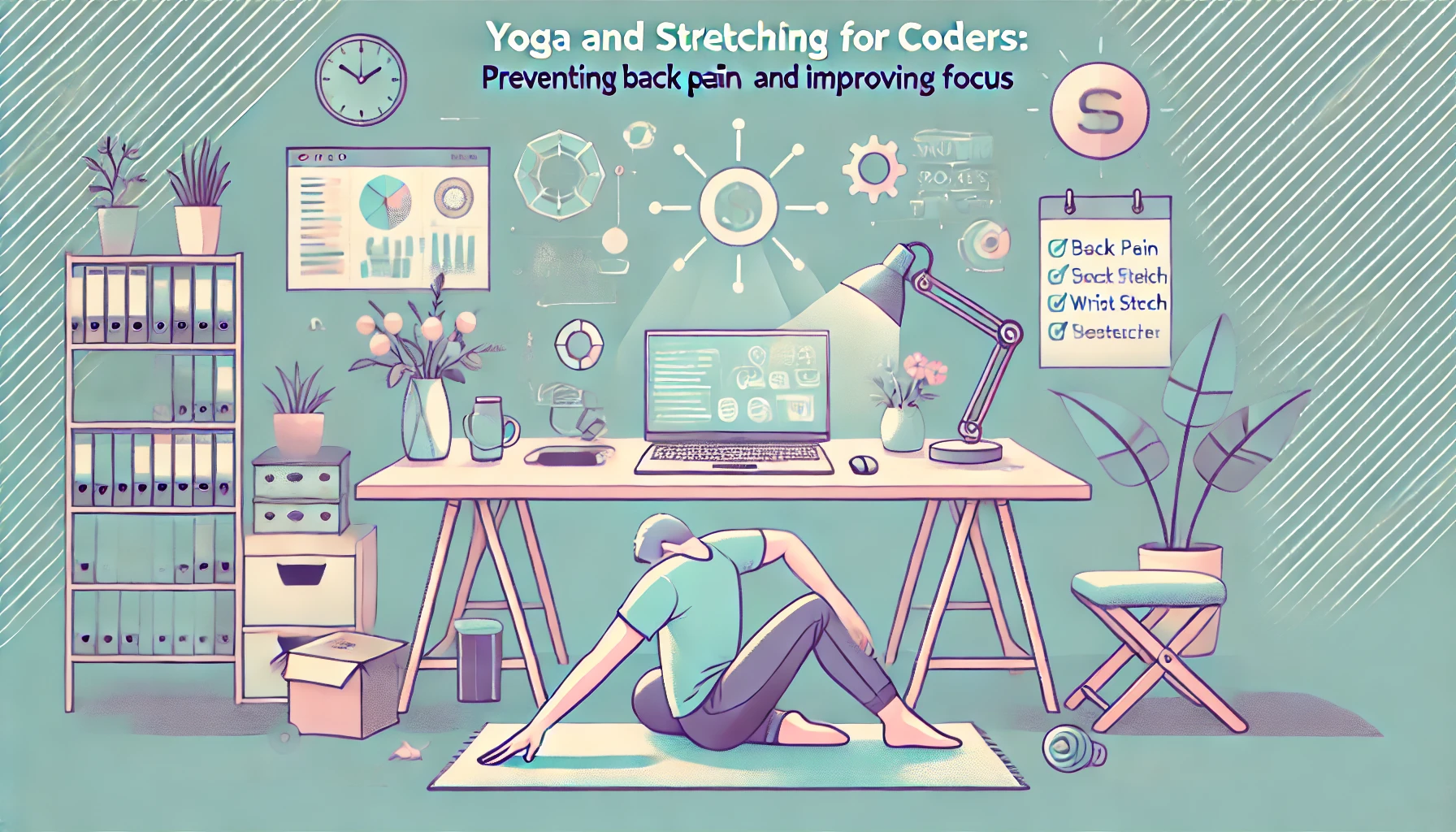
The journey of becoming a self-taught coder is both exciting and challenging. As you dive deeper into learning new languages, solving problems, and building projects, you may encounter moments of frustration, self-doubt, and even the feeling that you’re not as “good” as others. Imposter syndrome—the feeling that you’re not qualified or capable, even when you are—can often sneak in, making it hard to stay motivated. But it doesn’t have to stop you.
In this post, we’ll explore practical strategies to help you stay motivated as a self-taught coder, combat imposter syndrome, and keep making progress, no matter where you are in your learning journey.
What is Imposter Syndrome?
Imposter syndrome is a psychological pattern where an individual doubts their accomplishments and has a persistent fear of being exposed as a "fraud." This can be especially common among self-taught coders who might not have formal education in the field and feel they don’t measure up to others in the coding community.
It can manifest as thoughts like:
- “I don’t know enough to be a good coder.”
- “Everyone else seems to know more than I do.”
- “I’m not worthy of this job/project.”
These thoughts are completely normal, but they can hold you back if you let them.
How to Stay Motivated as a Self-Taught Coder
- Celebrate Your Progress, No Matter How Small
As a self-taught coder, you don’t have the same structure and guidance that formal education provides. That’s why it’s so important to celebrate every win, whether it’s completing a project, solving a tricky problem, or learning a new language. Recognize the effort you’ve put in, and acknowledge that every small victory brings you closer to your ultimate goal.
Tip: Keep a progress journal. Write down what you’ve learned each day and reflect on how far you’ve come. This can help remind you of your achievements when you feel stuck.
- Break Down Big Goals Into Manageable Steps
When learning to code, it’s easy to become overwhelmed by the sheer amount of information out there. Setting large, broad goals like “Become a full-stack developer” can feel intimidating. Instead, break these big goals down into smaller, more manageable steps. For example, “Master HTML and CSS,” then “Learn JavaScript basics,” and so on.
Tip: Focus on one task at a time. Don’t worry about mastering everything at once. Progress is made by moving forward step by step.
- Join a Coding Community or Find a Mentor
Self-taught coders can feel isolated, but you’re never alone in this journey. There are vibrant online communities like Stack Overflow, GitHub, freeCodeCamp, and Dev.to where you can ask questions, share your projects, and get feedback. Having a mentor—whether it’s someone you’ve met through a community or a fellow coder—can provide guidance, encouragement, and perspective, especially when you’re dealing with imposter syndrome.
Tip: Surround yourself with other coders who are also learning. Sharing your struggles and victories with others will help you stay motivated and push through challenges.
- Embrace the Learning Process
Coding is not about being perfect right away. It’s about progress and persistence. As a self-taught coder, you may feel like you need to have all the answers immediately. But the truth is, learning to code is a process that takes time. Embrace the mistakes you make along the way—they’re an integral part of growth. It’s not about avoiding failure; it’s about learning from it.
Tip: Don’t be afraid to make mistakes. Use them as opportunities to learn. Each bug you fix and problem you solve makes you a stronger coder.
- Set Realistic Expectations
It’s important to set realistic goals and understand that learning to code is a long-term process. It’s normal to feel like you’re not as far along as you should be. However, try to take the long view. Coding is a skill that requires consistent effort and practice. It’s okay to take breaks when needed and remember that improvement takes time.
Tip: Avoid comparing yourself to others. Everyone learns at their own pace, and your journey is unique to you.
How to Combat Imposter Syndrome
- Acknowledge Your Achievements
Whenever imposter syndrome hits, remind yourself of all the hard work you’ve done. Write down your achievements—whether it’s learning a new framework, solving a coding challenge, or completing a personal project. Recognize that you’ve earned your success, even if it doesn’t always feel like it.
Tip: Keep a “win list” of achievements, big and small. Whenever imposter syndrome creeps in, look back at what you’ve accomplished.
- Understand That Everyone Feels Like a “Fraud” Sometimes
It might surprise you to know that even experienced developers experience imposter syndrome. Many people, including top professionals, doubt their abilities from time to time. But they push through it by remembering that learning is a continuous process. Feeling like an imposter is part of the journey—don’t let it stop you from moving forward.
Tip: Talk to others in the field. You’ll find that many people share your struggles and can offer perspective.
- Focus on Your Growth, Not Perfection
Rather than focusing on where you fall short or how much you don’t know, focus on how much you’ve learned and how far you’ve come. Every time you learn a new skill or solve a problem, you’re getting closer to your goals. Perfection isn’t the goal—growth is.
Tip: Reflect on your progress regularly. Celebrate how much you’ve grown rather than worrying about how far you still have to go.
Conclusion: Keep Going, You’ve Got This
The journey of a self-taught coder is filled with ups and downs, but don’t let imposter syndrome or self-doubt hold you back. Keep pushing forward, celebrate every small victory, and remind yourself that you are capable. With consistency and persistence, you’ll get there.
You’re not a fraud—you’re a learner, a problem solver, and someone who’s investing in their future. Keep coding, and the results will follow!




